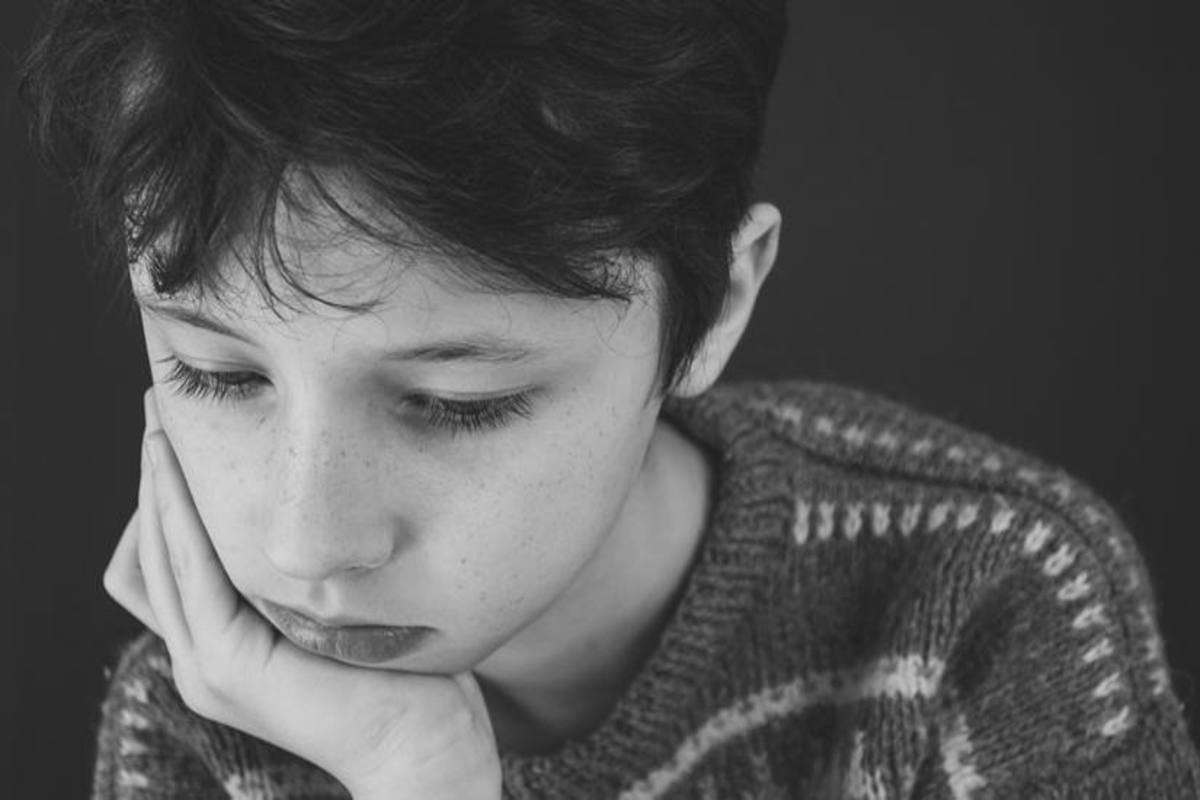Juvenile among two arrested in stabbing case in South Delhi
The teenager was assaulted by the assailants following an altercation, the police said on Friday.
Children suffer from stress even more than adults do, as they are exposed to new and confusing environments constantly. Their sense of self-worth is intimately tied to the expectations posed by the adults around them, such as parents and teachers, but their peers can also influence it. If your child’s esteem takes a hit, they will find it challenging to cope with the situation.

Stress triggers for children.(Photo:IANSLIFE)
Most adults think of their childhood as the happiest time of their life, but children and teenagers are prone to suffering from stress too – which, because of its detrimental effect on their mood, can even lead to depression. Studies show that almost one in four young people will experience depression before they’re 19 years old, caused by peer pressure, school worries and a lot more. And with SATs exams coming up this spring for primary school children, plus GCSEs and A-Levels in secondary schools this summer, many young people may be feeling anxious. We asked the experts at CABA to share some of the common triggers and tips on supporting a child who is experiencing stress.
Children suffer from stress even more than adults do, as they are exposed to new and confusing environments constantly. Their sense of self-worth is intimately tied to the expectations posed by the adults around them, such as parents and teachers, but their peers can also influence it. If your child’s esteem takes a hit, they will find it challenging to cope with the situation.
Advertisement
Recent studies show that stress levels in children have been increasing over the past decades. This is mainly due to the vast amount of accomplishments they are expected to achieve and the pressure to compete with other kids successfully. Being unsuccessful has become a taboo, generating a deep-set feeling of inadequacy in Indian kids, so much so that our teens and youth have one of the highest suicide rates in the world.
Advertisement
Here are some of the most common stresses in children:
Whether it’s everyday stress that becomes overwhelming, or a significant stressors in a child’s life, stress can affect how they feel, think, and act.
Sometimes it can be difficult to tell if a child is feeling stressed.
Most of us, and especially children, don’t always recognise that our physical and behavioural changes are actually signs of stress. Maybe we can’t get to sleep for a few days, have a headache, or a lack of appetite. Or we’re withdrawing from people and falling back to more screen time. Many children do not say “I’m feeling stressed” when they are feeling stressed, so it’s important to be a ‘stress detective’.
The way children express stress can vary by age and personality. Some children may giggle when they feel unease, others may be irritable, while others may become withdrawn and quiet. Some children may cry or whine more often than usual, start performing poorly at school, or react with increased aggression or hyperactive behaviour.
Often parents notice the behaviour first. Consider that stress may be the reason behind these behaviours.
Advertisement